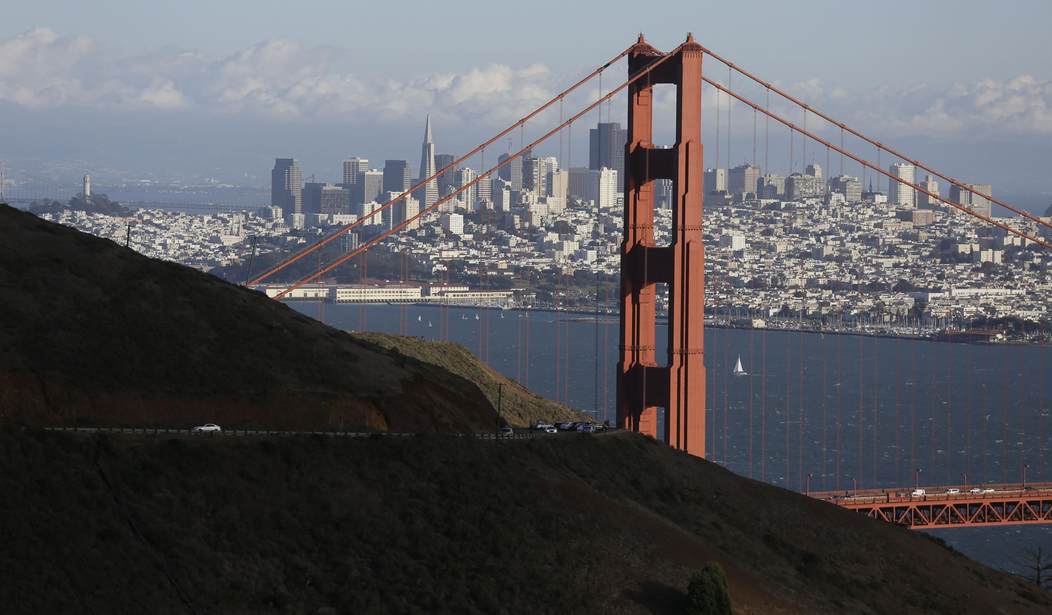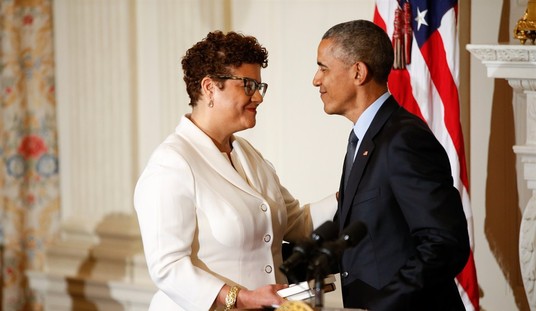It’s hard to feel much pity for the city of San Francisco but this SF Standard story suggests the city may be in some real trouble thanks to its high level of business taxes. The thinking prior to 2020 was that the city’s businesses could afford to pay more because it was such a desirable location. But in the wake of COVID and many tech businesses switching to remote work over health concerns, that may not be true anymore. Businesses looking at the city’s high taxes now have another incentive to either move or keep their employees remote: A big potential tax savings.
Tax revenues have already taken a hit: during the first year of Covid, the city collected 45% less on a big business homelessness tax, and 12% less in the tax for all businesses.
But even more troubling for city officials is that tax revenues may not bounce back because workers may not come back. The remote revolution is hitting SF particularly hard because the city is a software hub, with over two-thirds of its public firms in the coding business. Tech’s highly paid employees can easily work from their homes or beachfront chalets, so the tax savings become yet another reason to allow workers to stay remote. Over 50% of the city’s public companies have said their workers can stay remote for the foreseeable future.
“The pandemic opened up the world to ‘You don’t need an office to do business in SF to be recognized and be legitimate,'” said Kaylyn Kleinhans, state and local tax practice leader at accounting firm Sensiba San Filippo. “As more companies realize what their tax savings are, they are saying, ‘We’re not going back to the office.'”
Just how much of a difference are we talking about? The SF Standard took Square Financial Service’s 2021 revenue figures and estimated what they would owe in taxes if the company were located in different cities in the Bay Area. Here’s the graph they created showing the differences:

So by keeping their offices in San Francisco, they’re paying 4 times in taxes what they would pay in Oakland and more than 200 times what they would pay in San Jose. There’s now a whole new industry devoted to helping companies figure out how to save money based on where their employees are working:
“Before the pandemic this was not even a thing we used to help companies address,” said Nishant Mittal, SVP at Topia, a tech company specializing in distributed workforce management. “In the last 18 months the number of companies who want to know where their employees are physically performing work so they can save on SF taxes is off the charts.”
Not so long ago this might not have mattered but the normalization of remote work means that San Francisco’s status as an outlier on taxes doesn’t need to be ignored any longer:
SF’s business tax revenues are much higher than elsewhere, even compared to much larger cities like Los Angeles, which has six times the number of businesses. And revenues are several orders of magnitude more than local cities Oakland and San Jose, despite a similar number of businesses (SF and San Jose both have approximately 100,000 registered businesses, while Oakland has about 60,000).
Here’s a chart showing how SF compares to other major cities.

The story goes on to explain that San Francisco has 60 employees whose job is dealing with business taxes. By contrast San Jose has 12 employees handling roughly the same number of businesses and Miami has just four business tax employees.
Despite already being a curve-breaker when it comes to taxes, San Francisco is considering two more that will be on the ballot this fall. One would collect a “Green New Deal” tax on businesses with gross receipts over $25 million. The second one would collect taxes to fund a new guaranteed income program.
The recall of members of the school board and the DA makes me wonder if San Francisco has turned a corner and suddenly realized there is such a thing as going too far to the left. You would think that might apply to adding new taxes in a city already awash in them. I guess we’ll have to wait and see if these new taxes are approved.








Join the conversation as a VIP Member